4. Two Annies.
What are the main ingredients of a Broadway musical? Music, obviously, but also Comedy and in most cases Romance.
Charles Strouse’s Annie of 1977 has fine music and some wacky comedy, but its overall mood is feel-good
Sentiment, and romance of the traditional kind is almost entirely absent.
Annie is a story of an 11-year-old girl finding her independence in more ways than one. Three decades earlier,
Irving Berlin wrote Annie Get Your Gun about a slightly older girl coming of age, finding her own independence
and, yes, falling in love. For this earlier Annie is indeed a Romance, although it pretends otherwise, and goes
out of its way to undercut any hint of sentiment.
Something happened in postwar Broadway to shift the axis of Comedy, realign Romance, and introduce Sentiment as a stage
quality. By looking at examples spanning the gap between the two Annies, this class will try to work out how and why. rb.
The script, videos, and images will be posted immediately after class.
Here are brief bios of the composers and writers considered in the class, listed in order of birth.
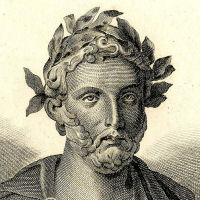 |
Titus Macchius Plautus, 0254–184 BCE. Roman playwright.
Nothing much is known about this playwright, whose comedies are the earliest known Latin works to have survived other than in fragments. He may have worked in the theatre as a young man and then become an actor. His plays are mostly based on Greek models—direct translations in some cases—but they were hugely popular and provided the groundwork for a tradition of farce that has continued to the present day. [The portrait is imaginary.]
|
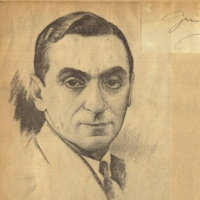 |
Irving Berlin, 1888–1989. American composer.
Berlin (b. Israel Beilin) arrived in the US from Russia at the age of 5. Although he could not read music and could barely play, he wrote over 1,500 songs with the aim, in his words, "to reach the heart of the average American." With hits like "Easter Parade," "White Christmas," "God Bless America," and the musical Annie Get Your Gun (1946), one might say he succeeded.
|
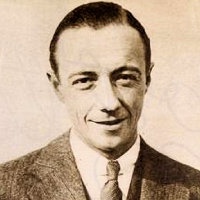 |
Vincent Youmans, 1898–1946. American composer.
Youmans published only around 100 songs in his lifetime, but 18 of these are recognized by ASCAP as standards. He collaborated with lyricists such as Ira Gershwin, Oscar Hammerstein, and Irving Caesar, with whom he wrote No, No, Nannette in 1925, his best-remembered show.
|
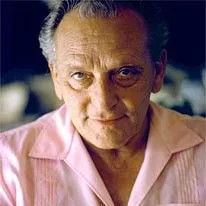 |
Frederick Loewe, 1901–88. German-American composer.
Frederick (Fritz) Loewe was born in Berlin, the son of a Jewish operetta star. He was a piano prodigy, the youngest soloist to appear with the Berlin Philharmonic. In 1924 his father got an offer to appear in New York, and Fritz traveled with him, hoping to write for Broadway—an ambition that was not fulfilled until he teamed with lyricist Alan Jay Lerner and wrote the musicals Brigadoon (1947), My Fair Lady (1956), and Camelot (1960) among others.
|
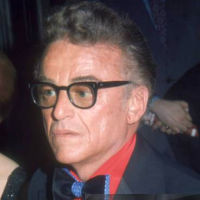 |
Alan Jay Lerner, 1918–86. American lyricist.
Lerner was born in New York City, the son of a clothing retailer; he studied for a while at Juilliard and graduated from Harvard. With composer Frank Loesser, he wrote the lyrics for Brigadoon (1947), My Fair Lady (1956), and Camelot (1960) among several others.
|
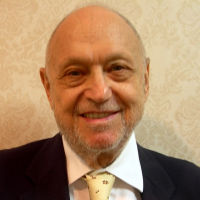 |
Charles Strouse, 1928–2025. American composer.
A graduate of Eastman, Strouse originally aspired to a career in classical music, but Nadia Boulanger advised him that his gift for light music was invaluable. His Broadway musicals include Bye Bye, Birdie (1960, with Lee Adams), Applause (1970, Adams), and Annie (1986, with Martin Charnin). He also wrote the theme music for the TV series All in the Family.
|
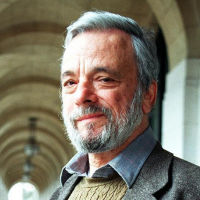 |
Stephen Sondheim, 1930–2021. American composer and lyricist.
A protégé of Oscar Hammerstein's, Sondheim made his Boadway debut in 1957 as lyricist for West Side Story and Gypsy, but he soon began his own string of musicals, writing the music as well as the words, including A Funny Thing Happened on the Way to the Forum (1962), A Little Night Music (1973), and Sweeney Todd (1979). Often dealing with non-traditional subjects, these and others largely redefined the Broadway in the later 20th century.
|






















